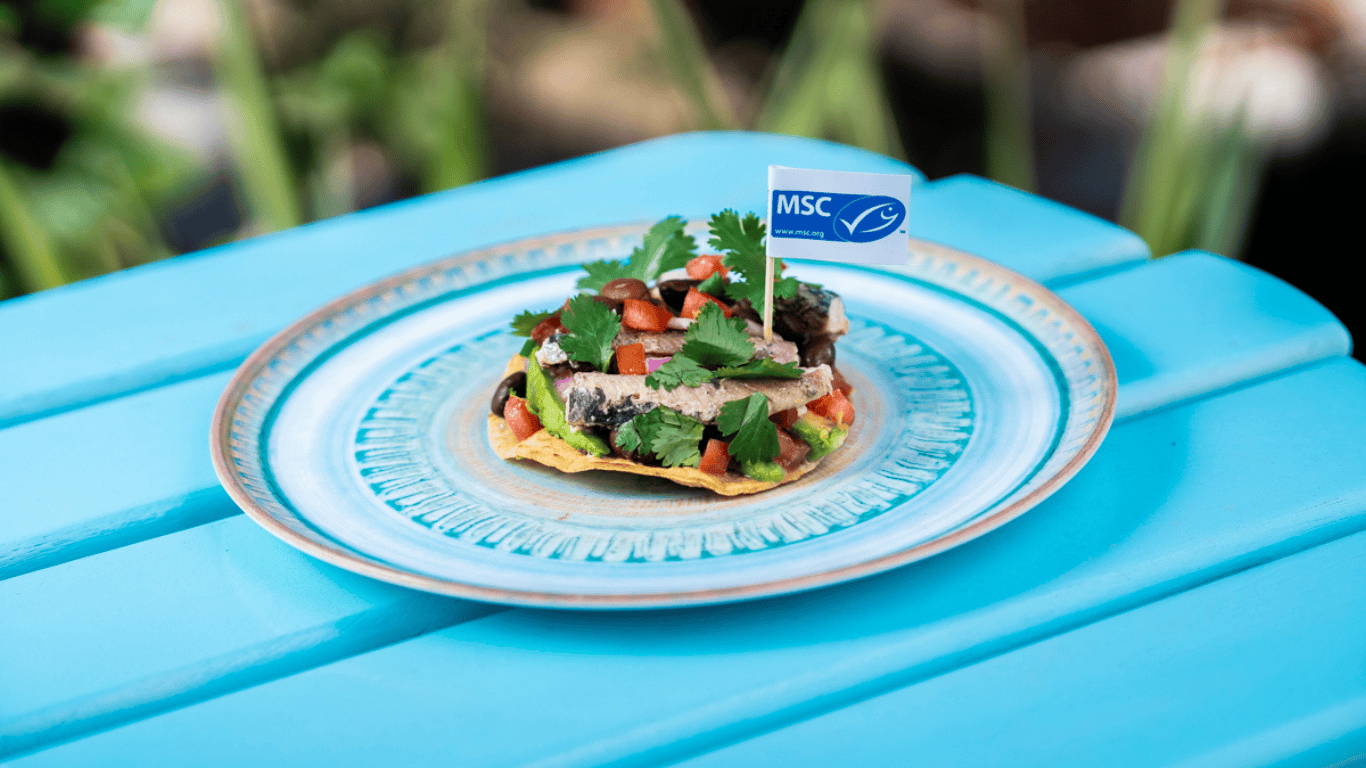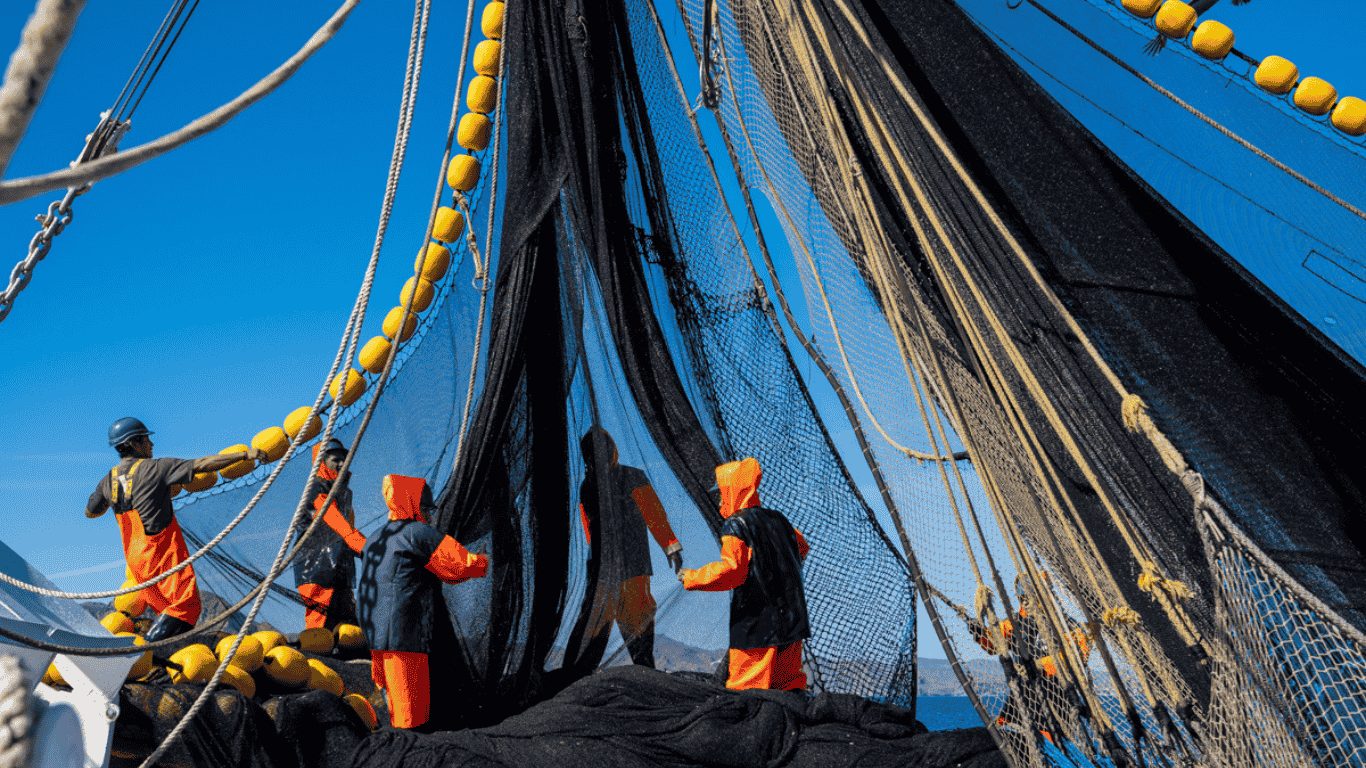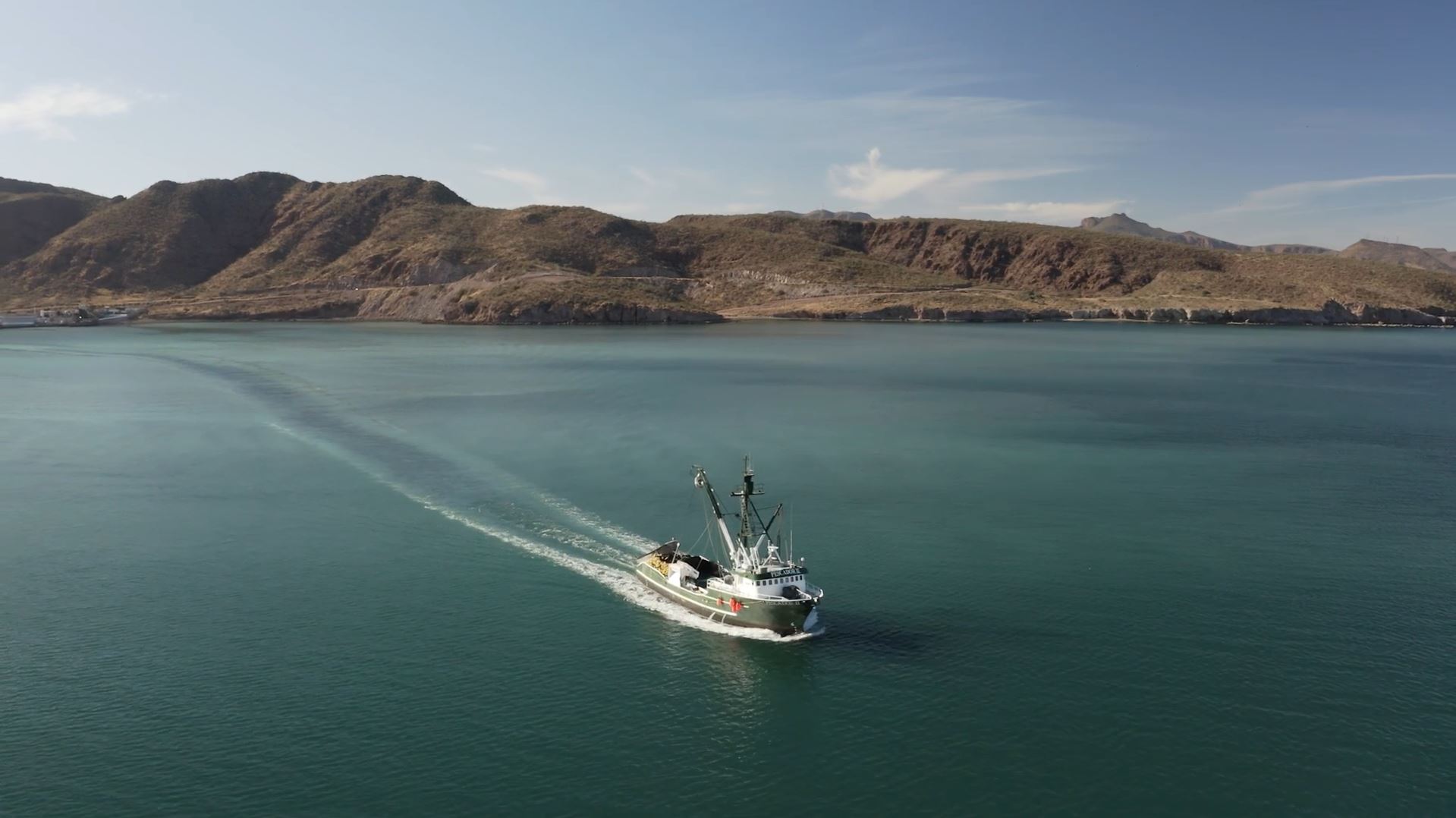Sardines are an integral part of the food web and ocean ecosystem, choosing sustainable sardines means preserving a food source and a healthy ocean.
Sardines might be small in size, but they pack punch when it comes to health and sustainability.
One of the most common tips to eat a more sustainable diet is to eat lower on the food chain, and sardines perfectly fit that bill. They are vegetarians of the sea, so mercury isn’t a concern, and they are an excellent source of omega-3 fatty acids, vitamin B-12, calcium, and other important minerals.
And when we eat sardines with the MSC blue fish label, we know they are going to be around forever.

Everyone eats sardines
And humans aren’t the only ones who know the health benefits of sardines.
“Everyone eats sardines,” explains Francisco Vergara, fisheries manager with MCS in Mexico. “They are so important to the ecosystem. They have such nutritious content, and it’s a great food and a great source of protein not only for us, but for other species as well.”
Sardines are a favorite of lots of animals in and around the ocean, from tuna and whales to pelicans. And in Mexico, brown pelicans in particular figured out they if the followed fishing boats, they’d get an easier meal.
But this is bad for a few reasons.
For one, fishermen are catching sardines and then losing a decent portion of them to pelicans, meaning that they could be catching more fish than they need to.
For another, pelicans can get tangled in fishing gear and injured. One of the three core principles in the MSC Fishery Standard is that the fishery does not cause any lasting harm to the environment, and obviously having interactions with pelicans can be harmful, so the fishery needed to address these issues before entering the program.
From Objection to Collaboration
In 2011, the Gulf of California Small Pelagic Fishery in the middle of their journey to achieve MSC certification when a local NGO filed a formal objection to its certification because they were concerned about just this issue. When fisheries undergo assessment against the MSC Standard, there is a public comment period where stakeholders can comment on the certification process, or file objections if they feel the fishery should not be granted certification. If this happens, there’s a detailed process to assess the validity of the objection and provide a space to resolve disagreements.
Throughout the objections process, a remarkable thing happened. The NGO decided that objecting to certification was not the solution because the fishery was trying to better itself - by seeking MSC certification, they were showing their commitment to improving their practices. So instead of objecting to certification, the NGO made a plan to work with the fishery to ensure that improvements were made and help them along their journey.

A community staple
They also recognized the importance of this fishery to the local community and beyond. This fishery is Mexico’s largest by volume, and it employs about 4,000 people directly, and over 12,000 indirectly.
The ~40 fishing vessels use purse seine nets to catch sardines and thread herring (another small, schooling fish) in the Gulf of California, and return to land their catch Sonora, where 50 million cans of sardines worth $90 million are produced annually.
And now, every single one of these vessels has methods in place to reduce interactions with pelicans. This includes educating captains on best practices, having the proper gear on board, and reporting any incidents so adjustments can be made.
“They train a lot,” Vergara says about the continuing education. “And they learn that small changes can go a long way.”
“For example, to reduce interactions with pelicans, they can simply spray water above the surface as the nets are closing. The noise and water scare the birds away, so they don’t eat any fish or get entangled with fishing gear.”
Sardines for now and for the future
The fishery has been in the MSC program for over a decade and recently got recertified for the third time, proving that we can have our sardines and eat them too.
And the only thing we need to do is look for the MSC blue fish label when buying sardines (or any seafood product!) to support fisheries and fishing communities like this one, that are working hard to do the right thing and ensure that we’ll have seafood for generations to come.

